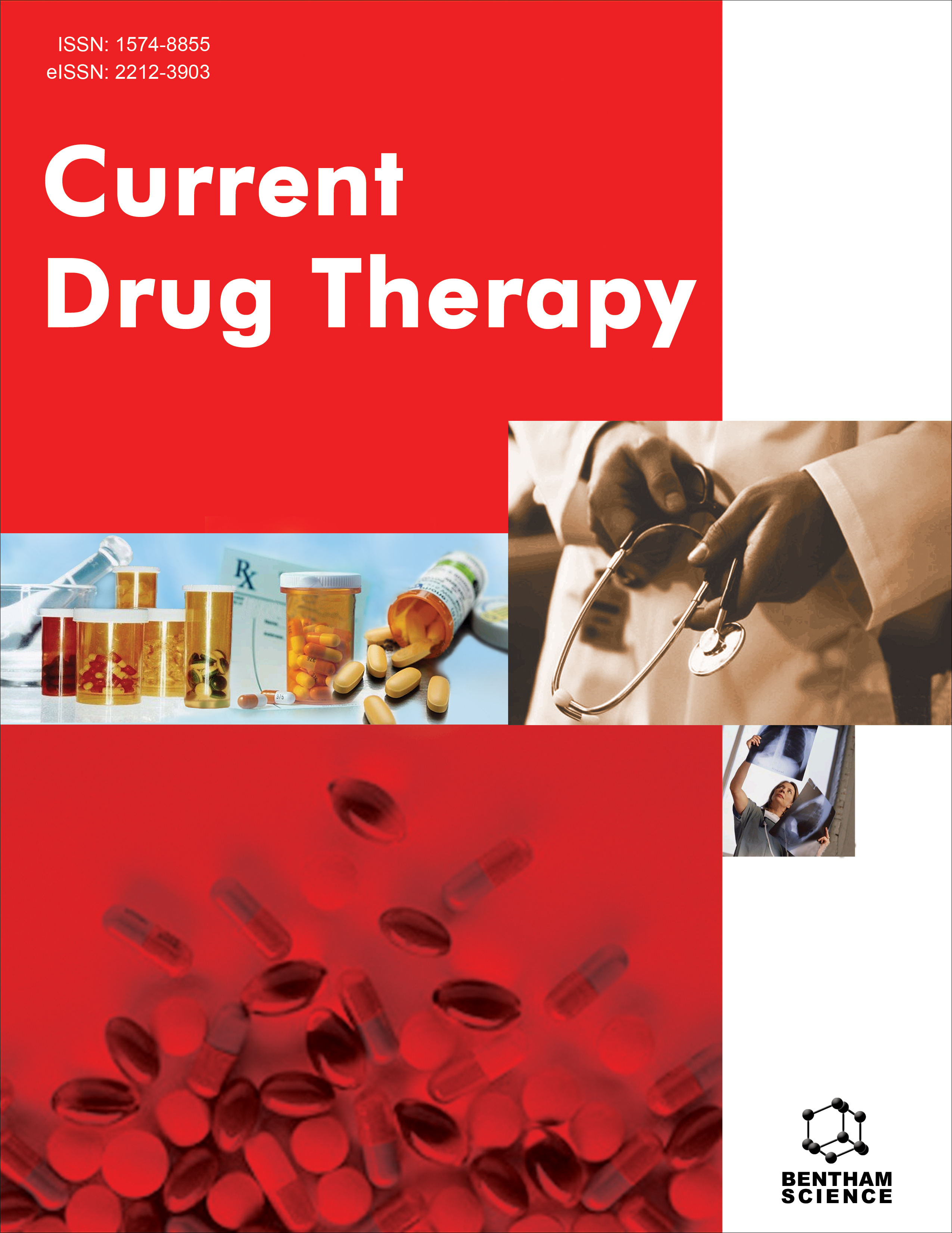
Full text loading...
Breast cancer ranks as the second-most prevalent cause of death among women worldwide, with particularly elevated mortality rates in India. Breast cancer’s origin involves biochemical pathway alterations influenced by tumor-inducing proteins. Research has highlighted glycogen synthase kinase-3 beta (GSK-3β) as a crucial protein that regulates the expression of various genes in the cell cycle. Mutations in this protein have a significant impact on cellular development. As a consequence, it triggers aggressive subtypes of breast cancer, such as triple-negative breast cancer. So, the primary aim of this study is to identify novel chemicals targeting GSK-3β using machine learning methods, molecular modeling, and dynamic techniques.
To achieve the study's objective, small molecules were screened using a Machine Learning (ML) approach, and subsequently, molecular docking and dynamic modelling investigations were conducted to explore interactions between drugs and GSK-3β.
The research findings highlighted a specific compound, piperidine, 4-(3,4-dichlorophenyl)-4-[4-(1H-pyrazol-4-yl) phenyl], which exhibited a superior docking score of -9.6 kcal/mol. Piperidine also formed conventional hydrogen bonds with the target protein. Furthermore, the calculated binding free energy of -12.46 kcal/mol suggested that this compound exhibited greater stability compared to commercially available drugs.
These promising findings highlight the potential of piperidine and similar small molecules as promising candidates for targeting the tumor-inducing protein GSK-3β. Subsequent investigations, both in vitro and in vivo, will be essential to assess their effectiveness in combating breast cancer.

Article metrics loading...

Full text loading...
References


Data & Media loading...
Supplements

